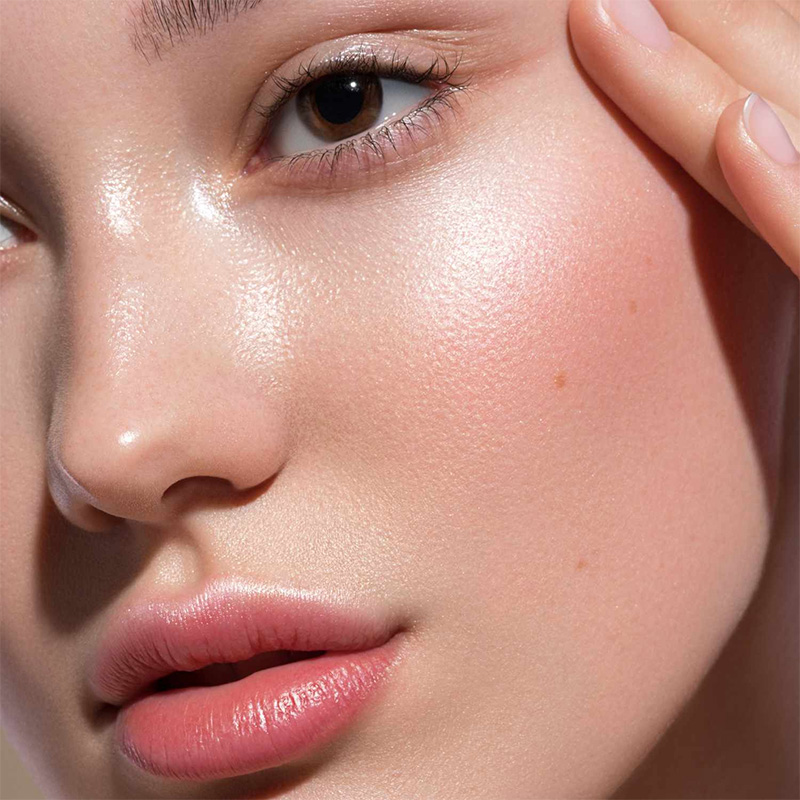Causes, prevention and treatment of hair loss
Causes, prevention and treatment of hair loss
Hair loss is a common problem in different societies that may affect people of any age and gender. This problem can have a great impact on a person's psyche and spirit, and as an appearance issue, it can affect a person's self-sufficiency and self-confidence.
Part 1: Causes of hair loss
1. Genetics:
One of the main causes of hair loss is genetics or heredity. If your parents or other family members have had hair loss problems, you may also have it as a genetic factor.
2. Improper nutrition:
Improper nutrition, especially the lack of nutrients such as iron, protein, vitamin D and biotin can aggravate hair loss.
3. Hormonal regulation:
Changes in the regulation of hormones, especially sex hormones, can cause hair loss. For example, in men, an increase in the hormone dihydrotestosterone (DHT) is known to be the main cause of hair loss.
4. Medicines:
Some medications can cause hair loss. For example, certain medications such as antidepressants, blood pressure medications, and nonsteroidal anti-inflammatory drugs (NSAIDs) can exacerbate hair loss.
5. Stress and anxiety:
Everyday stress and anxiety can also add problems to hair loss. Stress can change hormonal activities and play a role as an effective factor in hair loss.
6. Basic diseases:
Diseases such as thyroid diseases and diabetes can also act as causes of hair loss.
Part 2: Treatment of hair loss
1. Drug treatment:
To treat hair loss, there are medications such as minoxidil and finasteride that can help promote hair growth.
2. Medical treatment:
In some cases, the doctor may recommend surgical procedures such as amalgam and thumb skin grafting to repair areas with hair loss.
3. Complementary treatments:
Complementary methods such as laser therapy, mesotherapy, and PRP (platelet-rich plasma) have also been found to be helpful in promoting hair growth in some people.
4. Proper nutrition:
Optimum nutrition with the consumption of nutrients strengthens the safety and health of the hair. Therefore, consuming foods containing protein, vitamins and minerals such as iron and biotin can be beneficial.
5. Lifestyle change:
Reducing stress and anxiety, regular exercise, and proper nutrition management also help promote hair growth.
Finally, hair loss is a serious medical problem that needs to be evaluated by a doctor. Also, it is important to adhere to the recommendations of the doctor and the relevant specialists so that they can choose the best treatment for you.
Part 3: Prevention of hair loss
1. Healthy nutrition:
Increase your intake of nutrients such as protein, vitamin A, vitamin C, vitamin D, and vitamin E that are beneficial for hair health.
Limit the consumption of foods full of saturated fat and high-selling sugars.
2. Hair health:
Wash the hair with suitable shampoos and regular number of times.
Avoid hot water and high water temperature for washing hair.
Do not use the highest possible heat of dryer engines and thermal tools for hair modeling.
3. Scalp care:
Make sure the flexibility of the scalp and avoid chemicals that speed up the hair and products containing alcohol.
Use scalp massage to improve blood circulation.
4. Stress management:
Practice daily stress management exercises such as meditation, yoga, and breathing exercises.
See your doctor on time for stress management advice.
5. Prevention of physical injuries:
Use visors or hats when exposed to harsh weather conditions.
Prevention of hair stretching and shaving in everyday situations.
6. Public health care:
If you have diseases such as diabetes or thyroid diseases, follow the relevant medical care.
Section 4: Conclusion
Hair loss is a common problem that can negatively affect a person's self-efficacy and self-confidence. By adopting lifestyle changes, proper nutrition, and proper hair and scalp care, you can prevent the progression of hair loss. Also, if you are facing the problem of hair loss, consulting a doctor specializing in this field can help you find the right solution.





